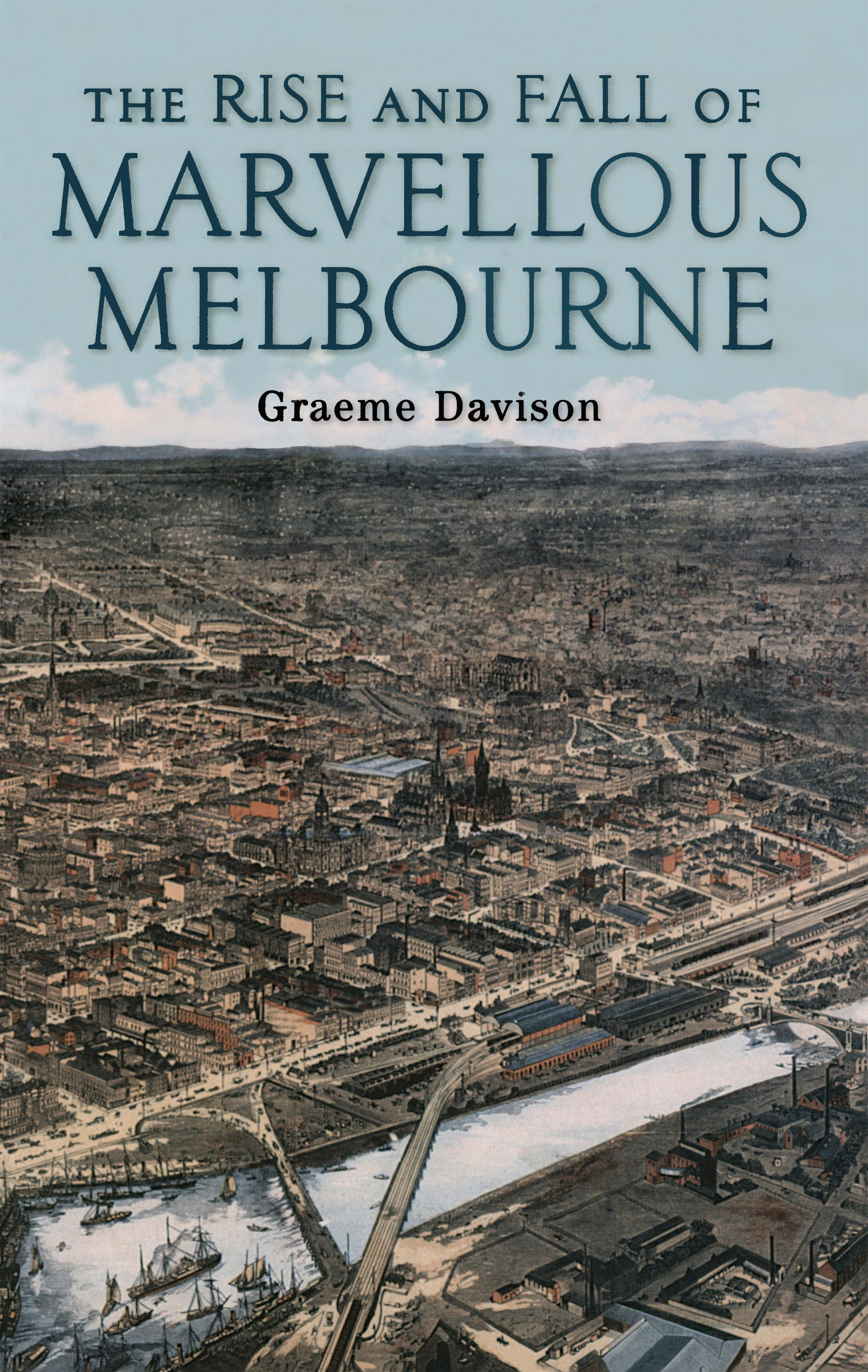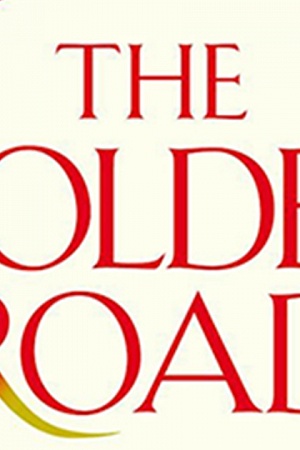The Rise and Fall of Marvellous Melbourne
Melbourne University Press, $18.80 pb, 315 pp
Start and stop, bum and bust in Victoria’s Metropolis
Fifteen years ago the British urban historian Asa Briggs wrote a short but stimulating essay on Melbourne in the Victorian era in his Victorian Cities. In thirty pages he not only challenged the conventional assumptions of Australian historiography of that time (specifically deploring the lack of systematic study of the Australian city) but also threw out various ideas about how to approach Australian urban history. It took some time for historians here to take up Briggs’ challenge, but with the publication of Graeme Davison’s The Rise and Fall of Marvellous Melbourne Australian urban history has come of age.
Previous histories of Melbourne in this period (1880-95) have given us the superficial manifestations and sensational aspects of the boom decade. Davison explores its deeper meaning, its social, cultural, and economic significance. He goes beyond the now well-known public events (speculation, corruption, bankruptcies etc.) to discover how the experience of boom and depression touched the lives of Melburnians of all classes, at work and at home, and reshaped their society and their sense of urban identity. We have here a major theoretical and empirical study of the internal dynamics of capitalist urbanisation during that phase when the walking and talking city gave way to the rail and mail city. We have perhaps the most important contribution yet made by an historian toward an understanding of the patterns of class formation in the Australian city, the developing class conflict corresponding with the changing structure of capitalist industrialisation and the unexpected nature of the conflict between capital and labour in the depressed 1890s – and all this written with an elegance and clarity that puts most scholars of Australian society to shame.
Continue reading for only $10 per month. Subscribe and gain full access to Australian Book Review. Already a subscriber? Sign in. If you need assistance, feel free to contact us.















Leave a comment
If you are an ABR subscriber, you will need to sign in to post a comment.
If you have forgotten your sign in details, or if you receive an error message when trying to submit your comment, please email your comment (and the name of the article to which it relates) to ABR Comments. We will review your comment and, subject to approval, we will post it under your name.
Please note that all comments must be approved by ABR and comply with our Terms & Conditions.